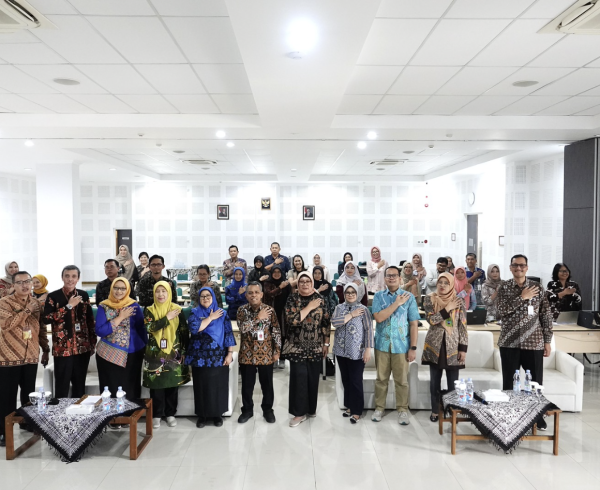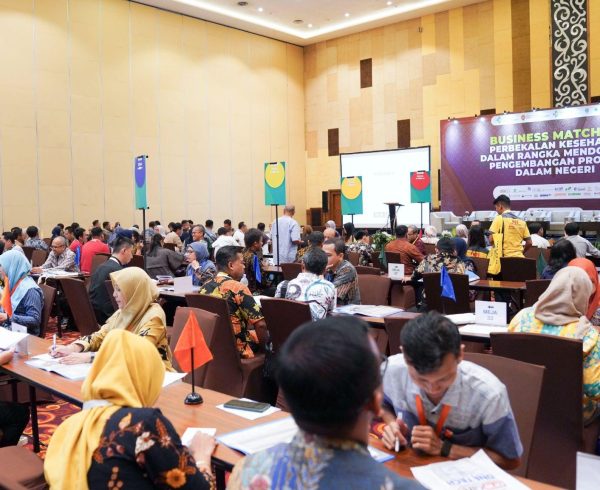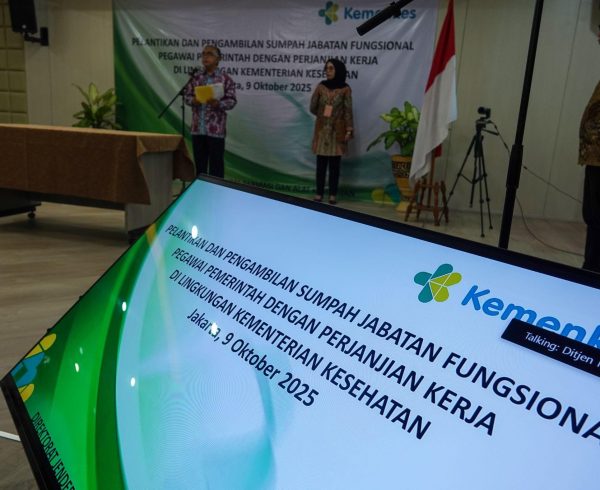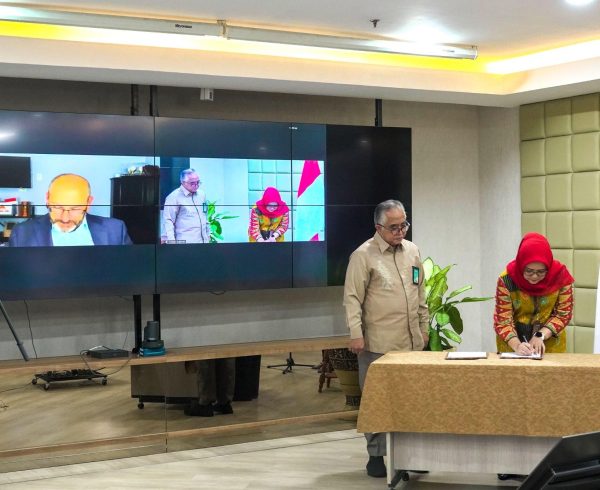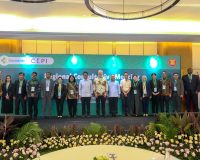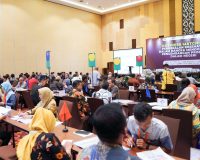The government continues to improve the quality of health services for the community through the National Health Insurance (JKN) program. One of the efforts made is by compiling the National Formulary (Fornas), a list of medicines that serve as a reference for health facilities in providing health services.
In the preparation of Fornas, pharmacoeconomic aspects are very important. This method allows the government and health workers to compare the costs and benefits of various types of drugs, so that drug selection decisions can be made more rationally. Thus, the health budget can be used optimally and patients get effective and affordable treatment.
The Directorate General of Pharmaceutical and Medical Devices through the Directorate of Pharmaceutical Production and Distribution organized the activity “Strengthening Pharmacoeconomic Studies in Health Care Facilities” in Bandung on 5-6 August 2024.
This offline activity was attended by 50 health workers, especially pharmacists, from various hospitals in Bandung City and districts/cities around West Java Province.
In the growing era of healthcare, pharmacists have an important role in the application of pharmacoeconomic principles. Their ability to analyze the cost-benefit of a drug will be very useful in providing appropriate drug recommendations to patients. For this reason, the Ministry of Health continues to encourage the capacity building of pharmacists in the field of pharmacoeconomics through various trainings and workshops.
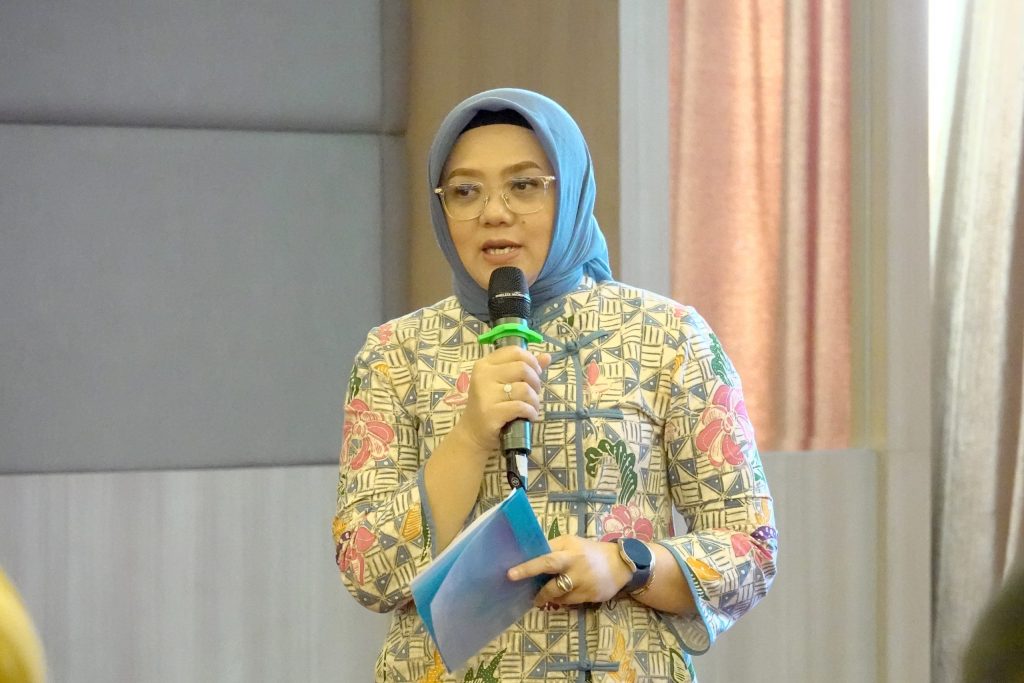
Director of Pharmaceutical Production and Distribution, Dita Novianti Sugandi in her speech said that more pharmacists who understand pharmacoeconomic analysis will be a valuable human resource asset in health care facilities.
“We hope that with more pharmacists mastering pharmacoeconomics, we can achieve more effective quality control efforts and drug costs,” said Dita.
It is hoped that this activity can increase the knowledge and understanding of health workers, especially pharmacists in hospitals, in conducting pharmacoeconomic studies. In addition, it can form a network of health workers who conduct pharmacoeconomic studies in supporting health policy recommendations.
Thus, JKN patients can obtain greater benefits from the health insurance program, namely access to quality, affordable, and medically appropriate medicines.
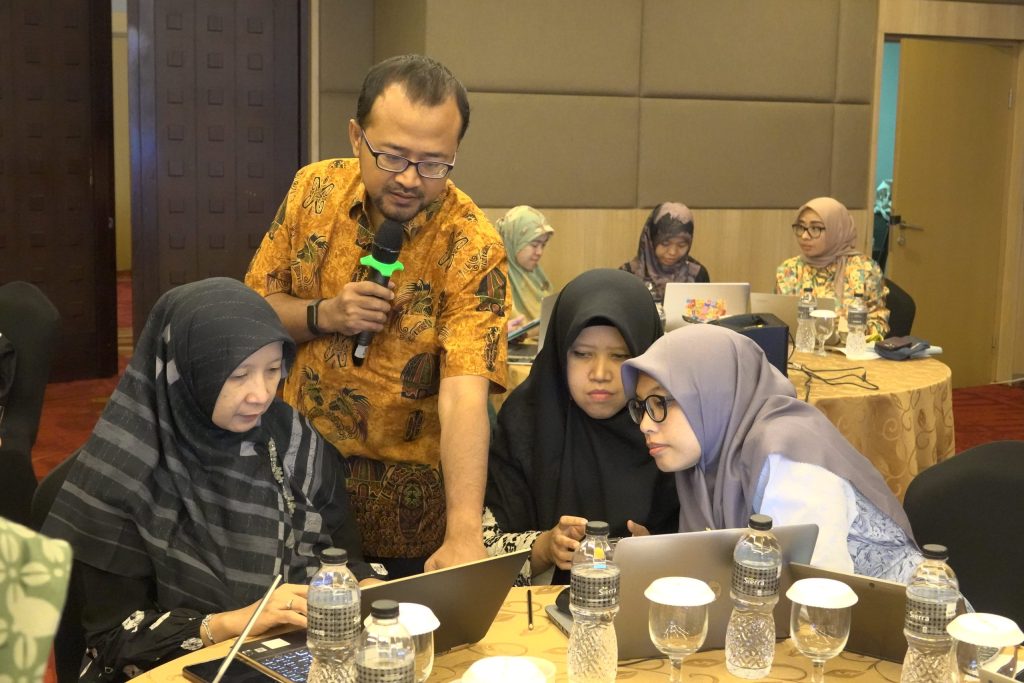
In addition to seminars and question and answer sessions, this activity also presented an interesting pharmacoeconomic simulation practice session. Participants were invited to analyze cost and utility data from hospitals in West Java, so they could directly apply the knowledge they had gained. This activity not only provides theoretical knowledge, but also practical experience that is very valuable for participants in mastering the concept of pharmacoeconomics.



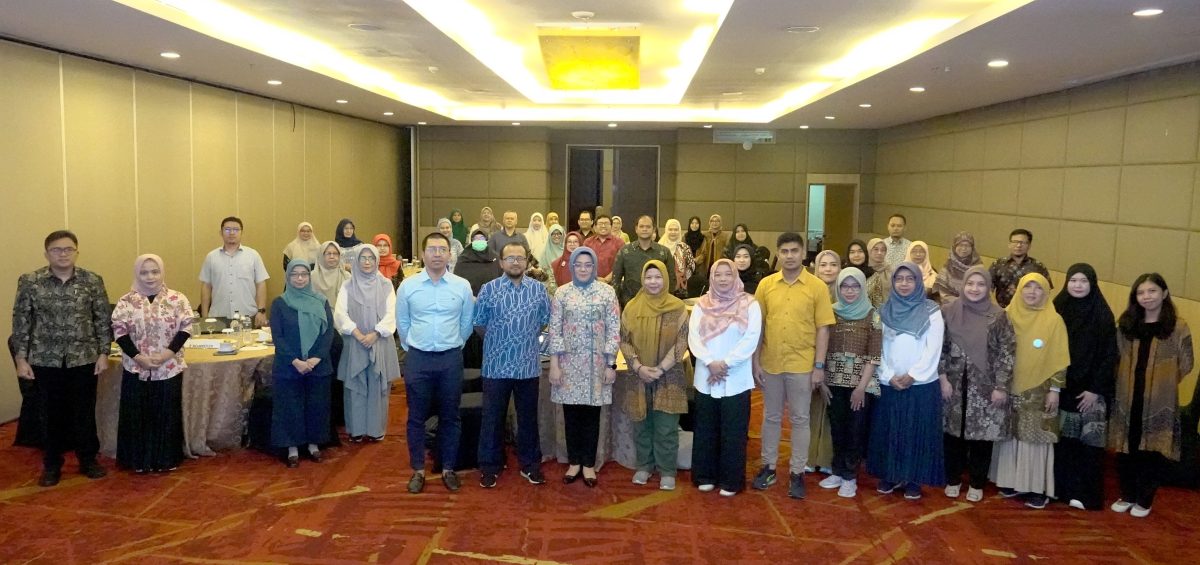 Activity “Strengthening Pharmacoeconomic Studies in Health Care Facilities” in Bandung on August 5-6, 2024
Activity “Strengthening Pharmacoeconomic Studies in Health Care Facilities” in Bandung on August 5-6, 2024